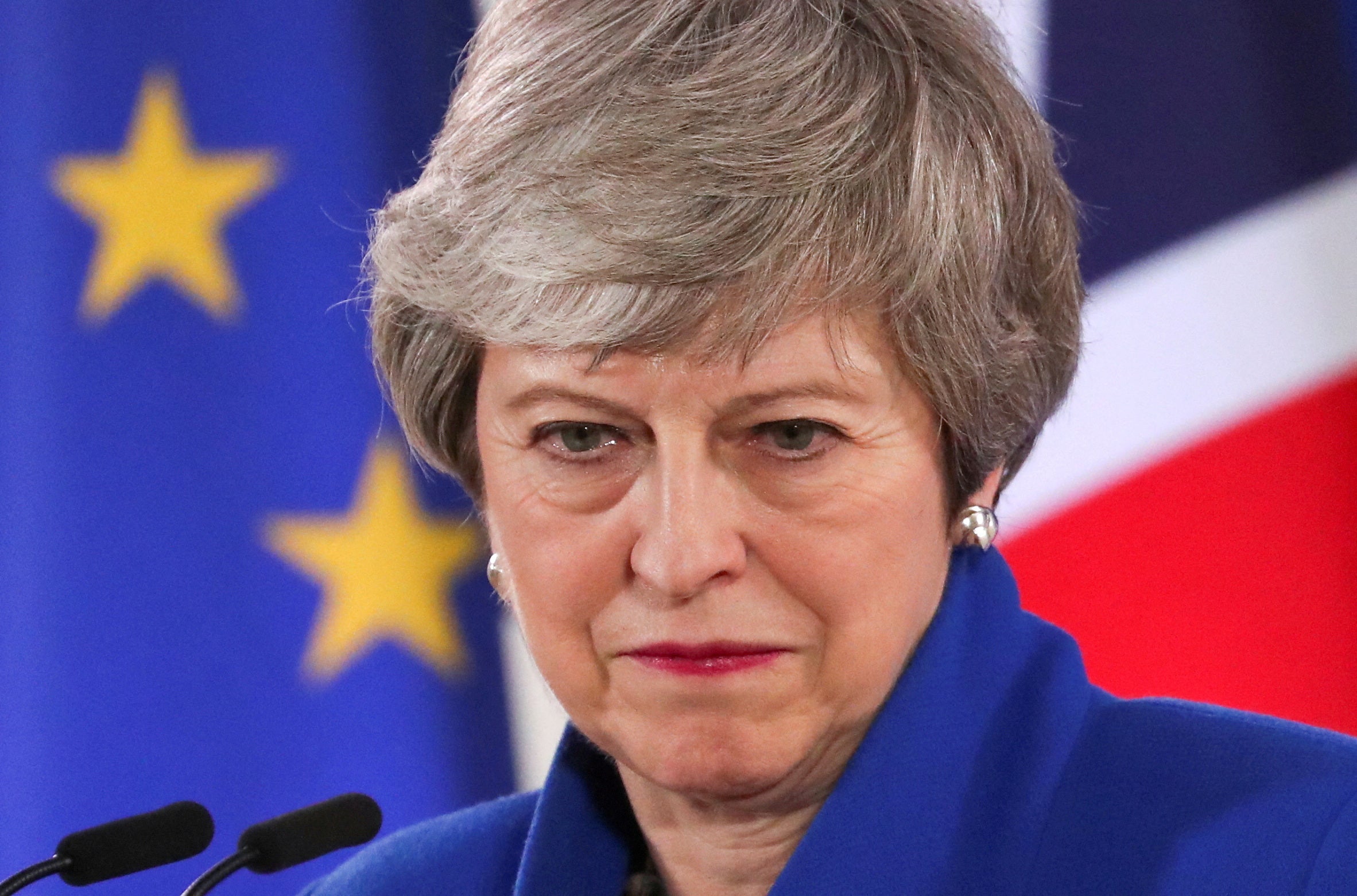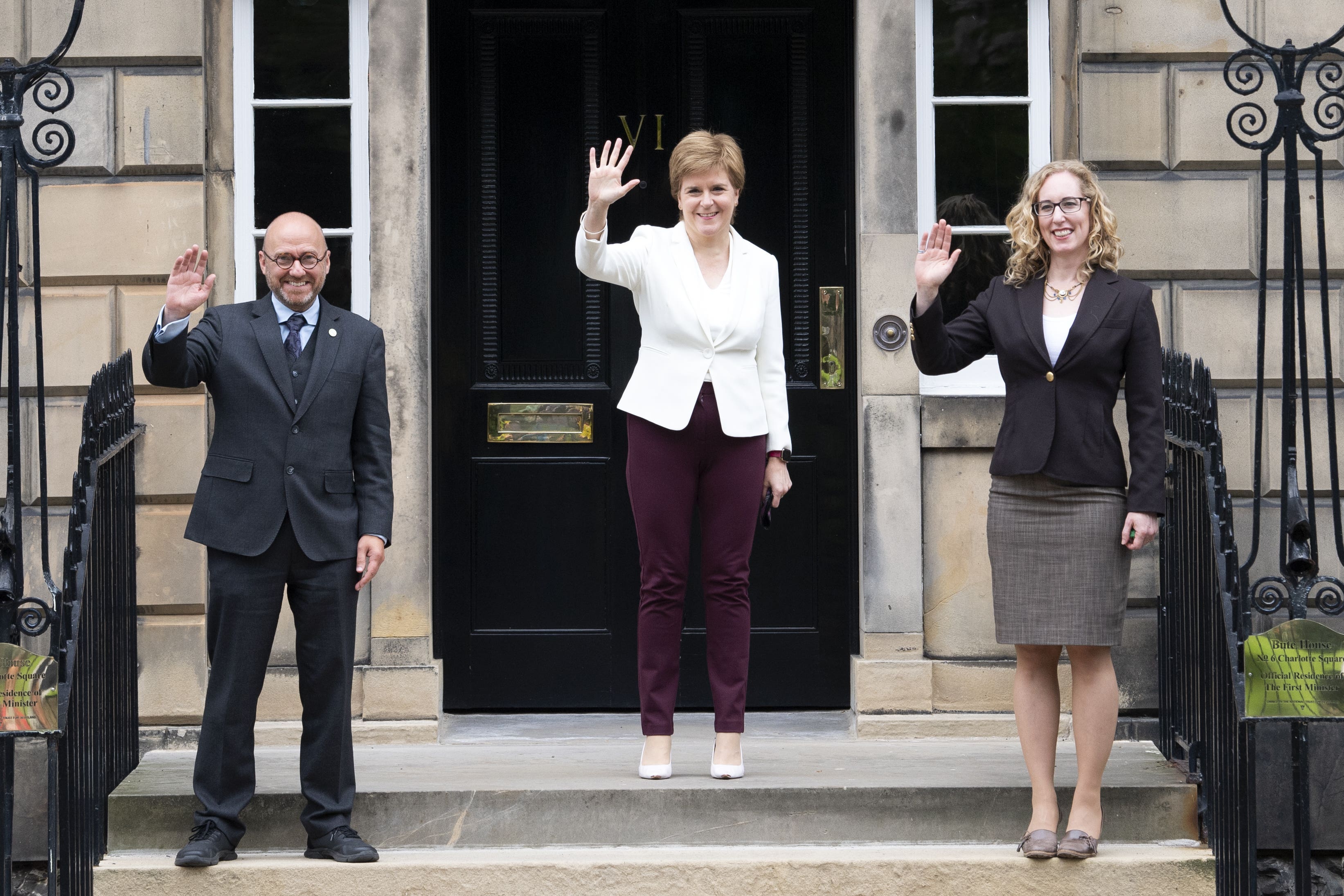Implications of Humza Yousaf confidence vote for the first minister and SNP leader: A sober analysis
SNP leader fights for political life after ending power-sharing agreement with Greens
Humza Yousaf, Scotland’s first minister and SNP leader, has spent little over a year in the job but could find himself ousted from office as he faces a no-confidence vote following the collapse of his party’s power-sharing agreement with the Scottish Greens.
The confidence motion was tabled after Mr Yousaf, who replaced the once dominant Nicola Sturgeon, ended the Bute House agreement, which saw the SNP and Greens cooperate on climate and other policies.
With the Greens saying they would back the no-confidence motion, it is unclear if Mr. Yousaf will win the vote.
Attention has focused on how Ash Regan, a former SNP minister and leadership candidate who lost to Mr Yousaf and then defected to Alex Salmond’s Alba Party after becoming “disillusioned” with the SNP’s “wavering commitment” to Scottish independence, will vote as the SNP has 63 MSPs, leaving Mr. Yousaf with one of the few votes to win.
Alison Johnstone, parliament’s presiding officer, traditionally does not vote. She would only cast a ballot if there was an election, and by convention, the presiding officer uses their vote to support the status quo, so she would back the first minister.
What was the Bute House Agreement?
After the May 2021 Scottish parliament election, the SNP, then led by Ms Sturgeon, emerged as the largest party but failed to win an overall majority.
The Scottish Greens saw their best-ever result with eight MSPs, enough to give the two pro-independence parties a working majority at Holyrood.
Negotiations began soon after the election and the deal cleared its final hurdle at the end of August 2021 when Green members voted to approve it, with 1,169 members (83 per cent) backing the deal, 234 voting against and nine abstaining.
The Bute House Agreement takes its name from the first minister’s official residence in Edinburgh, where the draft deal was signed.
Ms Sturgeon said the deal was a “historic” moment and that Green co-leaders Patrick Harvie and Lorna Slater were “tough” negotiators.
The two parties agreed that Green co-leaders Patrick Harvie and Lorna Slater would both enter government as ministers. Their portfolios included tenants’ rights, the heat in building strategy, the circular economy, and biodiversity.
Alongside the text of the Bute House Agreement, which set out the expectations for each party, a shared policy programme for their time in government was published.
This contained a number of environmental policies, a commitment to implement rent controls, and a “fair fares review” for public transport.
The agreement also set out 10 areas where the two parties could continue to disagree. These included aviation policy, green freeports, the defence sector, and economic principles related to concepts of sustainable growth.
Why did the agreement collapse?
Mr. Yousaf called Mr. Harvie and Ms. Slater into his residence at Bute House on Thursday and told them he was ending the deal.
In a hastily-arranged press conference later that morning, he said the agreement had “run its course,” telling journalists later that the decision meant a “new beginning” for his party in government.
But there has been discontent within the SNP ranks about the direction of the government under the agreement for some time.
Critics accused Ms. Sturgeon, who resigned amid a row over transgender rights, and Mr. Yousaf of focusing on the wrong priorities during the cost of living crisis.
What does the vote mean for Yousaf?
The collapse of the power-sharing deal with the Greens means the SNP can no longer rely on their support in key votes at Holyrood.
The Bute House Agreement has committed Green MSPs to backing the government in confidence votes, but as the deal has now ended, the Tories are seeking to exploit this.
Scottish Conservative leader Douglas Ross announced the Tories would bring forward a vote of no confidence in Mr Yousaf, who he branded as a “weak” and “failed” first minister.
If such a vote is passed, it would mean parliament no longer has confidence in Mr. Yousaf’s leadership, which would then place him under massive pressure to resign.
After considering how to proceed on Thursday afternoon, the Greens said they would vote in favour of the no-confidence motion.
Scottish Labour and the Lib Dems have also said they will back the motion, meaning there are 64 out of Holyrood’s 128 MSPs who do not support the first minister.
It means Mr Yousaf’s political future rests on a very tight vote, as he would be under massive pressure to resign if the confidence vote goes against him.
Even if he does win the ballot, history suggests that Mr Yousaf, whose party has seen its support drop in opinion polls as Labour gains ground, might not continue in the job for much longer.
Political leaders who come through confidence votes often see their power and authority quickly evaporate.
Theresa May, the former UK prime minister, won the confidence ballot by nearly 100 votes in December 2018 but was forced to resign just a few months after failing to get her Brexit deal through the Commons.

While the result of the ballot could not compel the first minister to quit, realistically, it would be almost impossible for him to stay in post if he did not have the confidence of the majority of MSPs.
However, the resignation of the first minister would not automatically trigger a Holyrood election.
Under Scottish Parliamentary rules, if a first minister steps down, MSPs have 28 days in which to elect a replacement.
This means that if Mr Yousaf were to quit, the SNP may seek to have a replacement leader installed in the post, assuming they could win enough support to be voted into the post at Holyrood.
Mr Yousaf cancelled a planned speech on Friday morning as he battled for his political survival but insisted at a visit to a housing development in Dundee that he would fight on ahead of the vote of no confidence, declaring “I have every intention of winning”.
Holyrood’s business bureau will determine the date for the no-confidence vote, anticipated to be next week.. The Scottish parliament is currently considering how the end of the Bute House Agreement will impact parliamentary business.
SNP falls from grace

Thursday’s developments marked another dramatic downturn in the fortunes of the SNP, who have reigned supreme north of the border for more than a decade.
The nationalists have controlled Scotland’s devolved parliament since the 2007 election as a minority government and were a majority government from 2011 until 2016 but have in recent years suffered a number of setbacks.
In 2022, the Supreme Court ruled that the Scottish parliament could not hold a second referendum without consent from Westminster.
Amidst a police investigation into the SNP’s finances, Ms Sturden shocked the party with her resignation last year.She was widely regarded as one of the most effective political leaders in Europe.
Peter Murrell, her husband and the party’s former chief executive, has since been charged with embezzlement. He denies any wrongdoing.
The party’s support has also been steadily declining since last year, with a resurgent Labour Party expected to make big gains at the next general election, which must take place by January 2025 at the latest.
Read more:
Humza Yousaf’s Resilience Amid Adversity
A Reflection on Rishi Sunak’s Reset Week and Charting a Path Forward
Political Promises Are More of the Same

